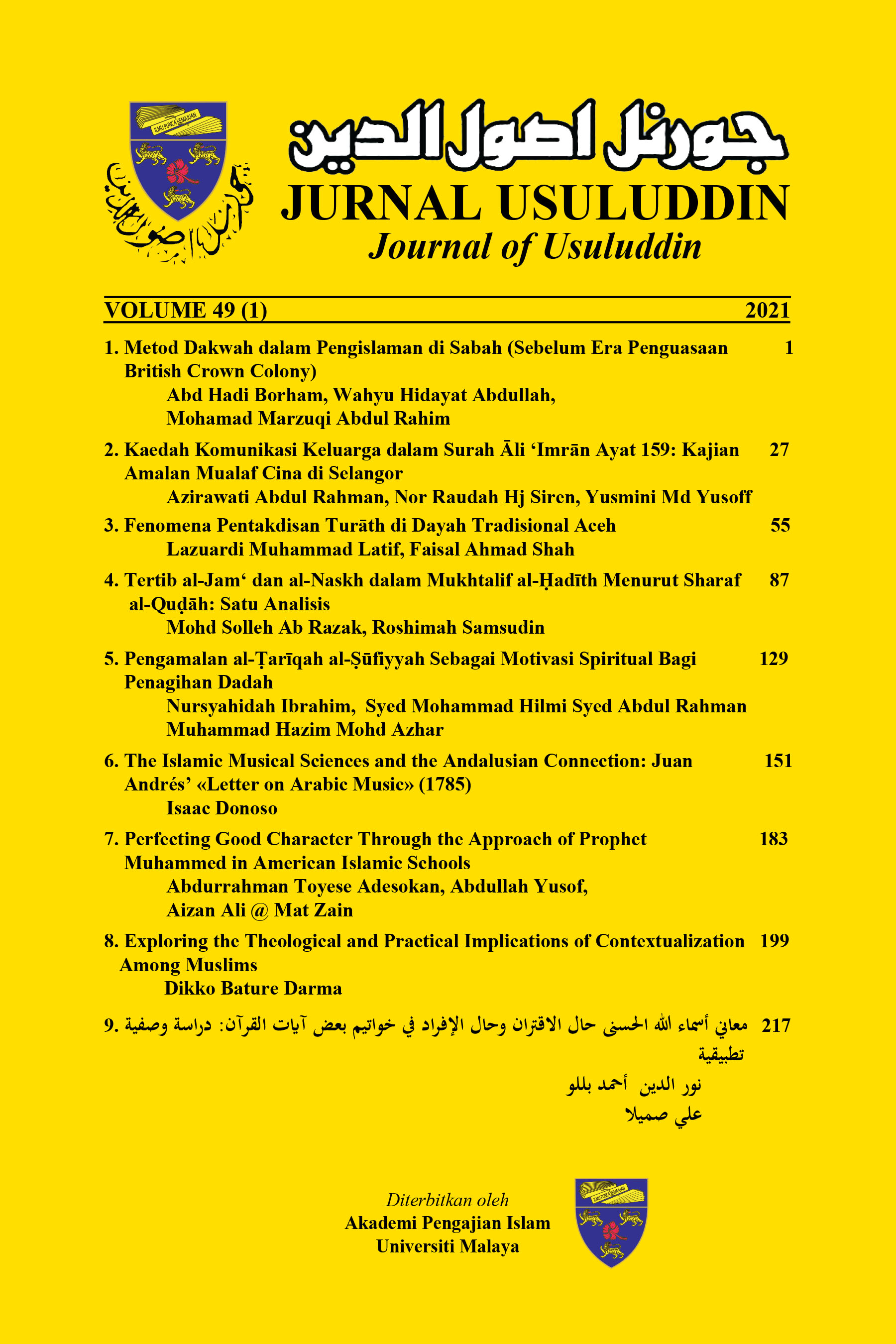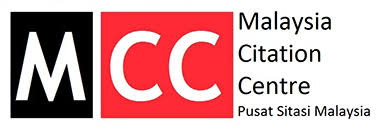Exploring the Theological and Practical Implications of Contextualization Among Muslims
DOI:
https://doi.org/10.22452/usuluddin.vol49no1.8Abstract
The greatest missionary challenge throughout the church history is ministering to the Muslims. Previously, different approaches have been employed by the church with different settings; however, they yield little or no results at all. The need to address the challenge of Islam is ardent among Christian missionaries: therefore, in their struggle to propagate Christianity among Muslims as well as to maintain its diminishing number of followers, missionaries have been in search of new methods for Muslim outreach. Their newest discovery is the contextual approach that has been much debated in so many theological books and journals that explain its theological and practical implications. However, the methods of contextualization are said to have been successfully employed for missionary activities in some parts of the Muslim world and it has imparted to the Christian mission further significance and validity. To this end, at some level contextualization was rather accepted in regards to outreach to Muslims. This paper attempts to discuss the theological and practical implications of this new method of ‘contextualization’ in its various approaches and to see the element, if any, that distinguishes it from the former missiological methodologies of ‘Inculturation,’ ‘Identification,’ ‘Indigenization’ or ‘Vernacularization’ etc.











